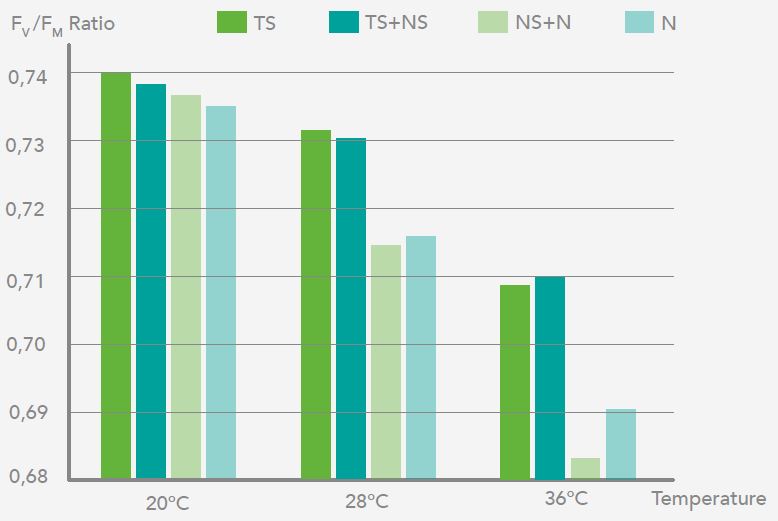Effects of climate change on flowering and agricultural production
Thursday, 31 August 2023
Terra-Sorb® | Applied Knowledge
As a consequence of the increase in temperatures caused by climate change, plants are modifying their cycles, especially in flowering, fruiting and maturation. These alterations to crops start a chain reaction that affects the performance, quality and supply of agricultural products.
One of the consequences of a heat wave is the early flowering, in which fruit trees such as almond, cherry, plum and pear trees begin their flowering before the usual season. This mismatch between crops and seasons of the year makes plants more vulnerable to extreme weather events, such as frost, which are also less and less predictable. This translates into losses in production due to drought and heat, in vegetable crops and olive groves, for example, which generates price increases in fresh vegetables and especially as we have seen this year in oil. Vineyards are another of the crops where these changes have the most impact, with considerable advances in the harvest. The lack of water and heat also influence the size of the fruit and the fattening cycle, the acidity and the pH of the fruits, which affects the quality parameters of the crops.
How can we influence greater heat tolerance at a physiological level?
The high temperatures cause in the first instance the closure of the stomata of the plants, decreasing the photosynthetic activity of the plant and slowing down all the metabolic processes. The exogenous application of L-α-amino acids and bioactive compounds (Terra-Sorb®) favors the opening of stomata after climatic stress. This makes it possible to increase water retention in the tissues (osmoregulation), increase photosynthesis, maintain an adequate rate of transpiration and delay wilting. Treatment with Terra-Sorb® also prevents endogenous protein breakdown in the plant and saves energy resources, since L-α-amino acids are directly incorporated into plant metabolism.
Terra-Sorb® increases photosynthetic efficiency under thermal stress conditions

In a study carried out at Pennsylvania State University under controlled conditions on Lolium perenne, the treatment with Terra-Sorb® foliar exhibited better photosynthetic efficiency at high temperatures (28ºC and 36ºC). The study showed that this improvement was not due to the simple contribution of organic nitrogen from Terra-Sorb®, but that it is the content of L-α-amino acids from enzymatic hydrolysis (Enzyneer®) that generates this resistance response to stress.
At the molecular level, it has been possible to verify how the treatment with Terra-Sorb® acts by modifying the expression of proteins, especially affecting the overexpression of proteins related to photosynthesis (Rubisco) and the defensive system (Heat Shock proteins).

